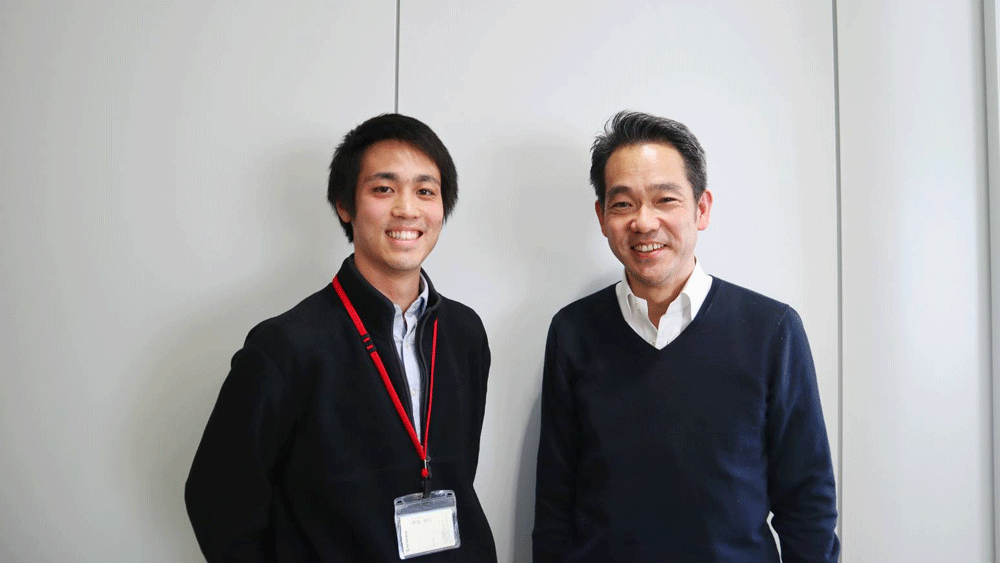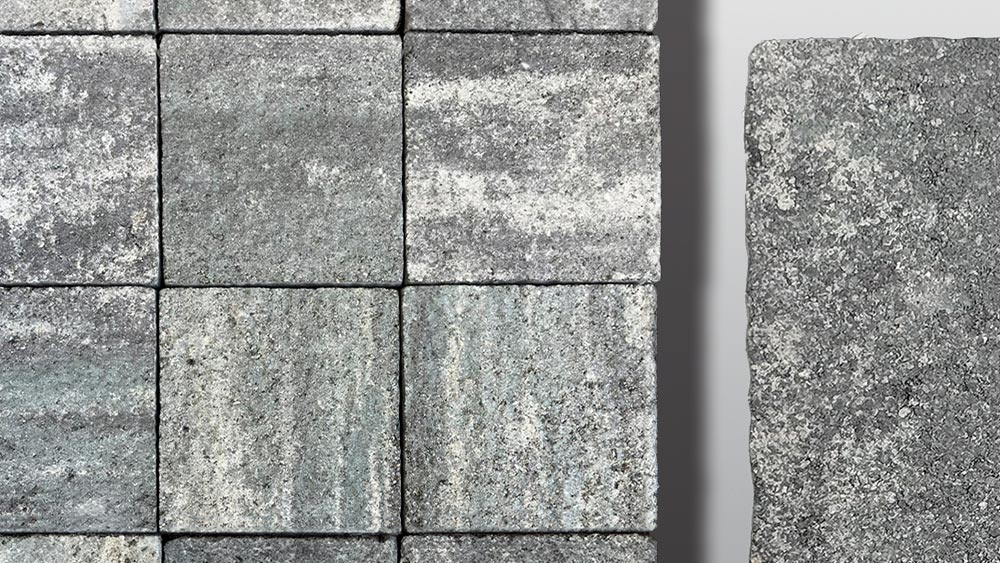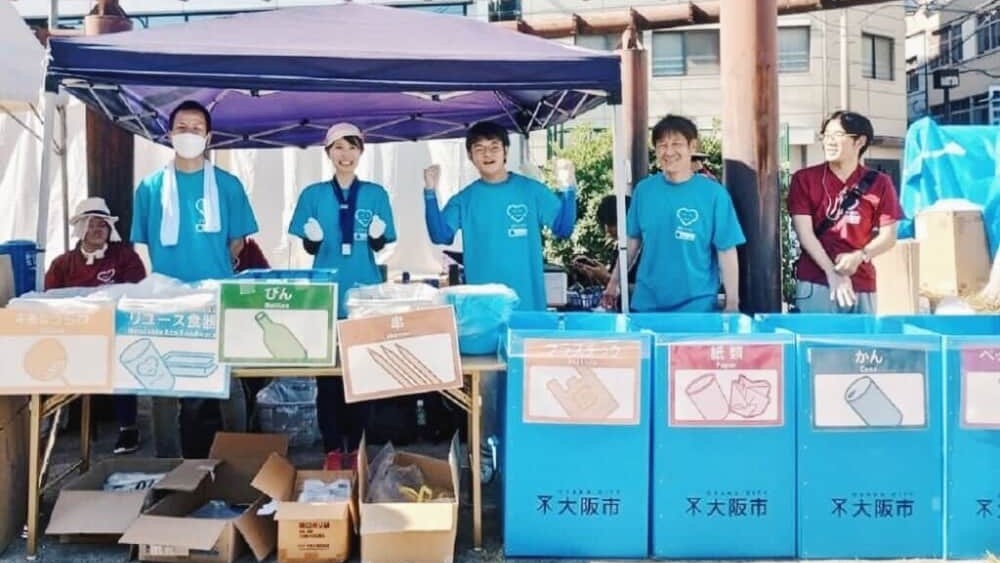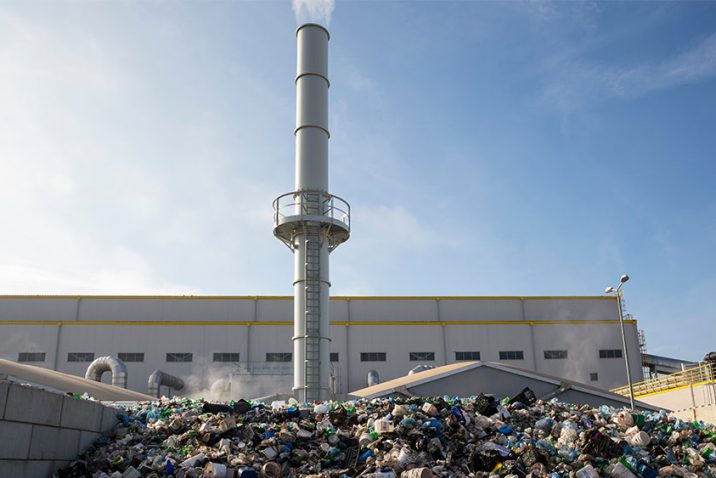Based on data from fiscal year 2016, the Ministry of the Environment announced that landfill sites in Japan may be exhausted by 2040. Currently, the recycling rate for general waste in Japan remains around 20%, ranking it 29th among the 34 OECD...
Unison Co., Ltd. has launched the “Circular Pave Project,” an ambitious initiative aimed at transforming discarded solar panels into a valuable resource in the construction industry. Japan faces a looming challenge: the anticipated mass...
Researchers from the Saitama Prefectural Institute of Industrial Technology have collaborated with the National University Corporation Toyama University, announcing the development of a new low-cost technology to extract magnesium alloy from used...
One of Japan’s iconic summer spectacles is its festivals, and in the Kansai region, two of the country’s three major festivals, the Gion Matsuri in Kyoto and the Tenjin Matsuri in Osaka, hold special significance. The sense of unity and...
In Japan, waste disposal is managed at a municipal level. As in most Japanese cities, residents of Kamikatsu are responsible for sorting their household waste, but this town has 45 categories of garbage. Kamikatsu is a small town of 1,500 in Shikoku...
The role of waste-to-energy plants is to turn non-recyclable waste into heat and electricity, thus reducing landfill usage and the need to burn fossil fuels. Simultaneously, waste-to-energy plants also help reduce the levels of methane generated...
Zero waste is an approach that helps us redesign our life and society to significantly reduce, and eliminate the use of materials that eventually end up in landfills. To actualize this shift towards sustainable consumption patterns, efforts and...








